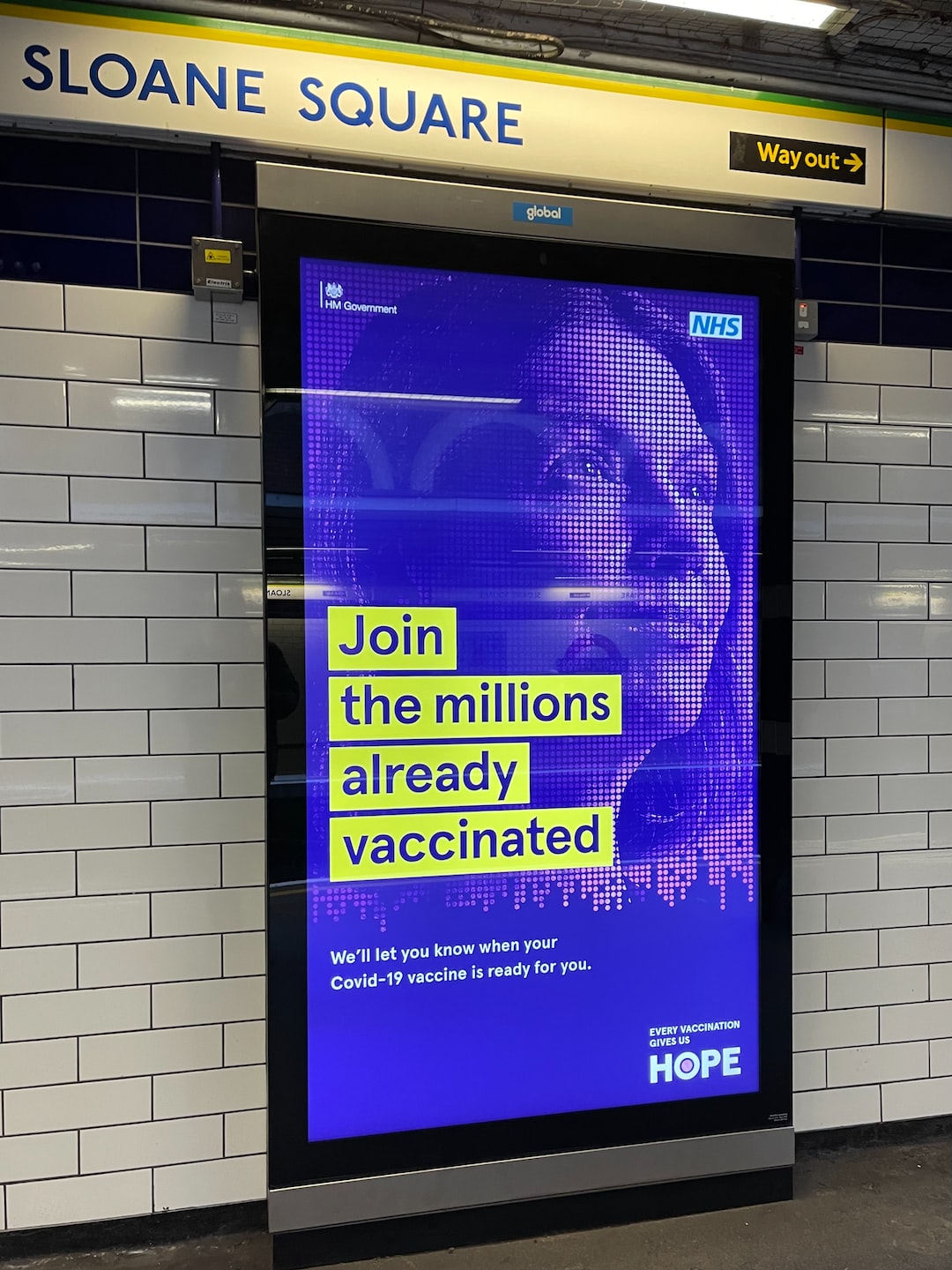The Impact of Social Media on Mental Health
In the digital age, social media has become an integral part of our lives. It has revolutionized the way we connect with others, share experiences, and consume information. While social media platforms have undoubtedly brought numerous benefits, such as allowing us to stay connected with loved ones and access a vast array of resources, their impact on mental health has become a growing concern. This blog post will explore the effects of social media on mental health and highlight some strategies for achieving a healthier online presence.
One of the primary ways in which social media impacts mental health is through its ability to foster feelings of loneliness and inadequacy. It is easy to fall into the trap of comparing our lives to the carefully curated and idealized versions presented by others on social media. This constant exposure to the highlight reels of others’ lives can lead to feelings of sadness, unworthiness, and a distorted perception of reality. Research has shown a strong association between excessive social media use and increased symptoms of anxiety, depression, and low self-esteem.
Another detrimental effect of social media on mental health is the phenomenon of cyberbullying. Online platforms provide an anonymity that emboldens some individuals to engage in harmful behaviors, such as spreading rumors, making hurtful comments, or sharing explicit content without consent. The constant exposure to this negativity can have severe consequences on one’s self-esteem, mental well-being, and overall happiness. Studies have shown that individuals who have experienced cyberbullying are more likely to develop symptoms of anxiety, depression, and even contemplate self-harm or suicide.
Moreover, the addictive nature of social media can have detrimental effects on mental health. The constant need to check notifications, scroll through feeds, and seek validation through likes and comments can lead to excessive use and a compulsive need for social media presence. This addiction can disrupt sleep patterns, decrease productivity, and generate a constant sense of anxiety and fear of missing out (FOMO). In extreme cases, individuals may even experience withdrawal-like symptoms when unable to access social media, illustrating the seriousness of this issue.
On the other hand, it is crucial to acknowledge that social media has not only negative but also positive impacts on mental health. Online communities and support networks can foster a sense of belonging and provide a safe space for individuals facing mental health challenges. Sharing personal experiences, seeking advice, and connecting with others who have similar struggles can be incredibly helpful and empowering. Additionally, social media can serve as a platform for raising awareness about mental health issues, challenging stigmas, and promoting resources for seeking help. It is important to strike a balance and utilize social media in a way that enhances our mental well-being rather than compromising it.
So, how can we achieve a healthier online presence and mitigate the negative impact of social media on mental health? Firstly, it is crucial to be mindful of our social media usage and its effect on our emotions. Taking regular breaks, setting limits on screen time, and being selective about the content we consume can help create a healthier relationship with technology. Secondly, curating our social media feed by unfollowing accounts that trigger negative emotions or promote unrealistic standards of living can be beneficial. Surrounding ourselves with positive and empowering content can help promote a healthier mindset.
Additionally, engaging in offline activities and nurturing real-life relationships are essential for maintaining mental well-being. Spending time with loved ones, pursuing hobbies, and being present in the moment can help combat feelings of loneliness and disconnection that social media can exacerbate. Finally, seeking professional help when needed is crucial. Mental health professionals can provide guidance, support, and coping strategies tailored to individual needs.
In conclusion, social media has a significant impact on mental health. While it can provide a sense of connection and facilitate important conversations about mental health, it also has the potential to foster feelings of loneliness, inadequacy, and contribute to the spread of cyberbullying. By being mindful of our social media usage, curating our online presence, and nurturing offline relationships, we can strive for a healthier balance and minimize the negative effects of social media on our mental well-being.

